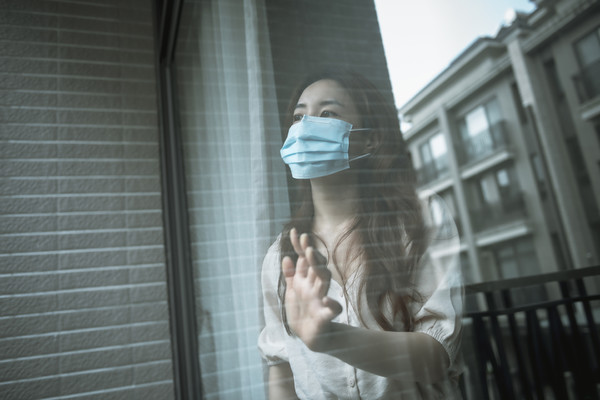One out of 10 patients who recovered from Covid-19 reported depression and posttraumatic stress disorder (PTSD) one month after discharge, a Korean study showed.
On Friday, the research team of the Seoul National University Hospital (SNUH) published the study, titled, “Psychological Consequences of Survivors of COVID-19 Pneumonia 1 Month after Discharge,” in the Journal of Korean Medical Science (JKMS).
The research team had 10 patients recovered from Covid-19 without complications complete self-reported questionnaires one month after discharge.

Five of them received oxygen supplement therapy, and all of them recovered from Covid-19 successfully without complications or sequelae in the lung.
The results showed that 10 percent of the patients had depression and PTSD, and 50 percent reported depression during the Covid-19 treatment.
Also, 40 percent of the survivors worried about being discriminated against by neighbors due to their Covid-19 history.
Citing previous studies, the research team said, in 2003, 35 percent of SARS (Severe Acute Respiratory Syndrome) survivors in Hong Kong experienced significant anxiety and depressive symptoms at four weeks or more after discharge.
Another study showed that 43 percent of the MERS (Middle East Respiratory Syndrome) survivors had PTSD, and 27 percent had depression 12 months after the outbreak in 2015, the research team added.
“Our findings suggested that perceived stigma regarding Covid-19 and a previous history of psychiatric treatment may affect the severity of PTSD symptoms,” the research team said.
“These symptoms depend on the attitudes of the community/society toward the survivors along the course of the pandemic, and they can persist for a long time if the attitudes are negative.”

